Managing Symptoms of Advanced Bladder Cancer


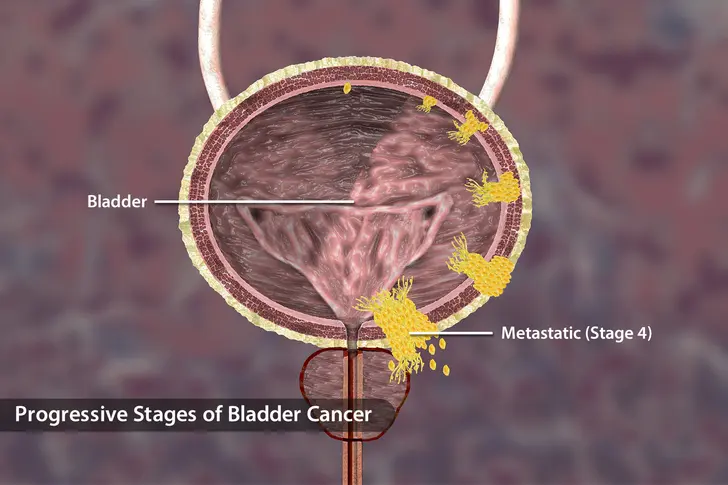
How do bladder cancer symptoms change after metastasis?
When your bladder cancer spreads to other parts of your body, it’s called metastasis. Your symptoms depend on where cancer cells move and what systems they affect. Most commonly, bladder cancer moves to areas closest to your bladder, such as your ureters, urethra, prostate, or pelvis. This is called locally advanced cancer or local spread. But bladder cancer can also spread farther and affect other parts of your body, such as your lungs, liver, and bones. This is called metastatic bladder cancer.

Painful Peeing and Difficulty Peeing
Your bladder cancer may have already been causing problems when you pee, but that often gets worse when your cancer advances. Sometimes it’s because a tumor has grown, or new tumors are in the tubes your pee moves through to get to your bladder or out of your body. Depending on how severe your pain is, your doctor may prescribe pain medication, use a nerve block, or give you radiation to help break up the tumors. Other options include a nephrostomy, which allows your kidneys to drain pee into a bag outside your body. Or they may suggest stent drainage, which opens up blocked tubes with a device so your pee can flow through.
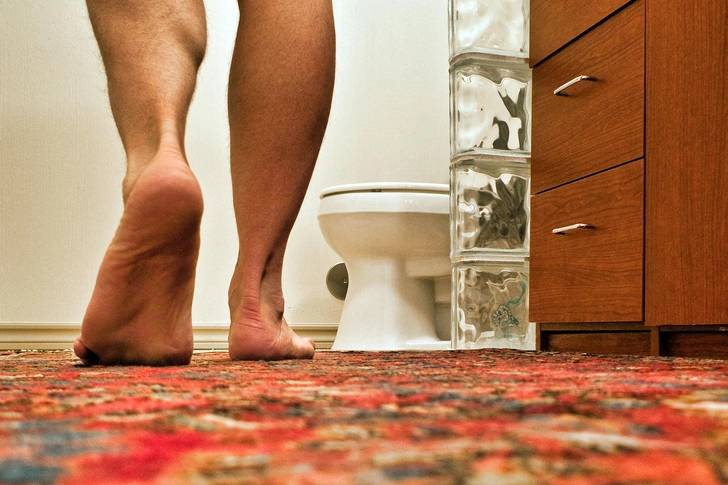
More Frequent Peeing
As your cancer advances, the tumor can grow larger and reduce the amount of space your bladder has to hold pee. This can make you feel the urge to pee more often. Your doctor can prescribe medications to help relax your bladder muscle so you feel fewer signals from your bladder to pee. Lifestyle changes can help, such as limiting how much you drink at night and bladder training, where you keep to a specific bathroom schedule.
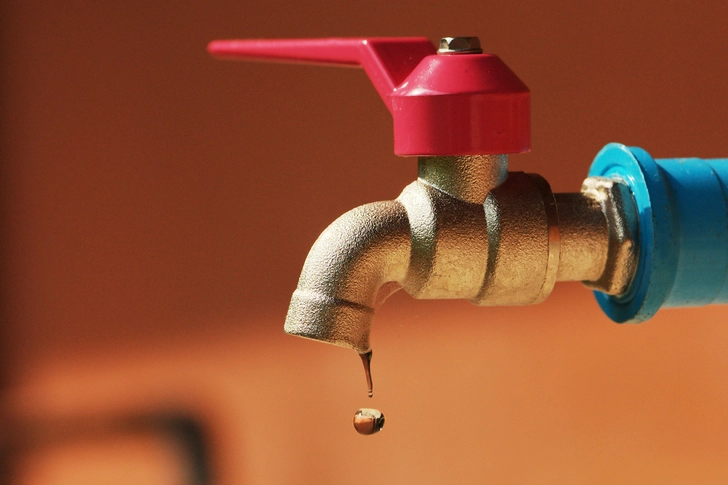
Increased Urgency and Difficulty Holding Pee
Tumors in your bladder irritate it, and that can make it harder to hold your pee. You might feel like you need to go suddenly, even if your bladder isn’t full. Pelvic floor therapy (exercises like Kegels) can help strengthen muscles that support your bladder and may give you more control. Absorbent pads or underwear can keep you dry in case of accidents. Your doctor can also use procedures like catheterization, stents, and bladder relaxants.

Pain in Your Pelvis or Lower Belly Area
Pelvic or lower belly pain can happen when tumor growth presses on nerves, nearby organs, or blocks urine flow. You might also feel pain from an infection or inflammation. For pain relief, your doctor may recommend over-the-counter pain relievers, or may prescribe stronger options. Nerve blocks can help if your pain is severe. Gentle mindfulness or relaxation practices may ease tension in your body. Using a warm compress on sore spots can also bring comfort.

Loss of Appetite and Unintentional Weight Loss
Sometimes your cancer – or treatment you’re getting for it – can make you lose your appetite, which over time can make you lose weight. If nausea is the reason food doesn’t sound appealing, ask your doctor about anti-nausea medications. Your doctor can also try boosting your appetite with corticosteroids or megestrol. Choose calorie-dense, high-protein foods you’ll want to reach for, and talk to a nutritionist or dietitian who specializes in cancer for tips on getting the nourishment you need.

Fatigue and Weakness
Your body uses more energy dealing with your disease as it spreads, and cancer cells may also disrupt how your organs work. This can cause new or worse fatigue and weakness than in earlier stages. You can manage this by planning activities to save energy, taking short walks or gentle stretches, asking your doctor about stimulant medications, and checking for anemia –treating low red blood cells can often help. Managing pain, sleep, and nutrition also supports energy levels.

Night Sweats
When bladder cancer spreads to your lymph nodes, it can trigger inflammation all over your body, along with fever-type responses that disrupt your internal thermostat. As your body tries to cool down, you may have night sweats. Keep your bedroom comfortable with fans or open windows. Wear lightweight, breathable sleepwear, and use moisture-wicking, airy bedding on your bed. You can ask your doctor about medications such as anti-inflammatories, low-dose steroids, or other supportive meds to reduce your overall inflammation.
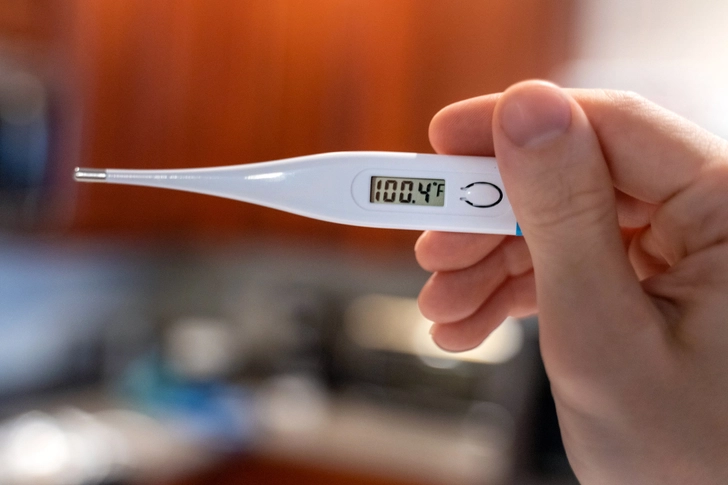
Recurrent Low-Grade Fevers
Low-grade fevers from your body’s reaction to cancer spread can make you feel generally unwell, and they may happen often. Ask your doctor for the best over-the-counter fever-reducing plan you can use when this happens. They can help you figure out the cause. You may have an infection your doctor can treat. Or you may need adjustment to your cancer treatment to help reduce your number of fevers.
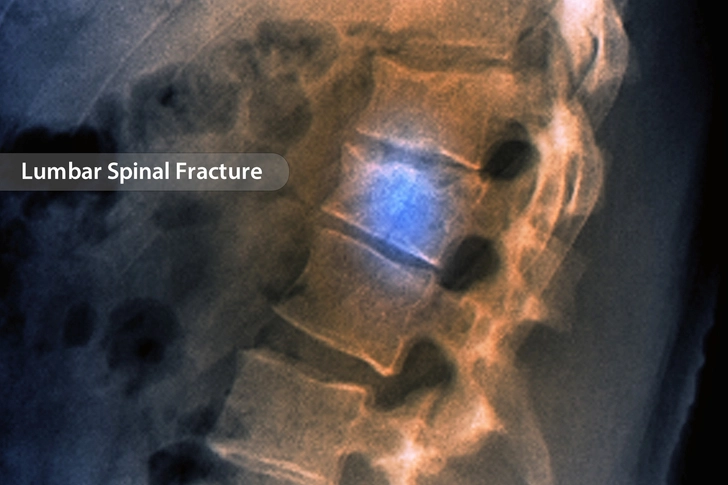
Bone Pain and Increased Fracture Risk
Advanced bladder cancer can spread into your bones. That often causes pain and weakens your bones, which makes them more likely to break. Talk to your doctor about over-the-counter and prescription pain medication. You may also strengthen your bones with treatments such as bisphosphonates and denosumab, physical therapy, and orthopedic devices. In some cases, you may need surgery or radiation treatment to address tumors in your bone.

Persistent Cough and Shortness of Breath
If you notice a nagging cough or have trouble getting a full breath, it could be a sign your cancer has spread to your lungs. Your doctor can prescribe medicines such as cough suppressants to ease your cough, or bronchodilators to open your airways for easier breathing. Oxygen therapy (supplemental oxygen) may also help. You may need procedures to treat spots or drain fluid from your lungs. It’s smart to boost your breathing by avoiding irritants, using a humidifier, and sitting up when possible to create space for your lungs to expand.
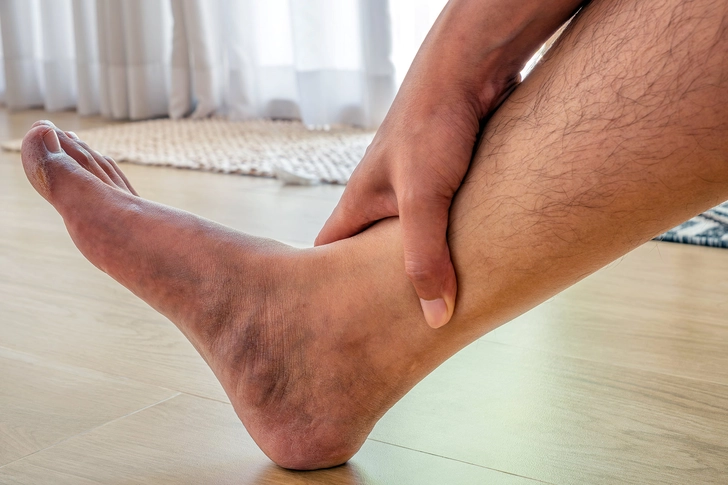
Swelling in Your Belly Area and Legs
Advanced bladder cancer can block the flow of lymph or blood and lower your blood protein levels, causing fluid buildup in your abdomen (ascites) and legs (edema). You can reduce edema by raising your legs, wearing compression socks, and doing gentle exercise to help improve your circulation. For ascites, you may need a procedure to drain extra fluid. Your doctor may suggest diuretics (medications that make your kidneys make more urine) or blood thinners if you’re at risk of blood clots in your legs. Sodium makes your body hold on to fluid, so a low-salt diet is best.

Jaundice
Jaundice, or yellow skin and eyes, can be a sign your cancer has spread to your liver. Tumors in your liver can block the flow of bile or damage liver cells, which makes a yellow pigment called bilirubin build up in your blood. Your doctor may need to put a stent (metal tube) into your bile duct to help bile flow. Liver issues can also cause itching. Your doctor can give you antihistamines and bile acid binders (like cholestyramine) to reduce bile acids in your gut to help relieve itching. Following a low-fat diet and avoiding alcohol help your liver work its best.
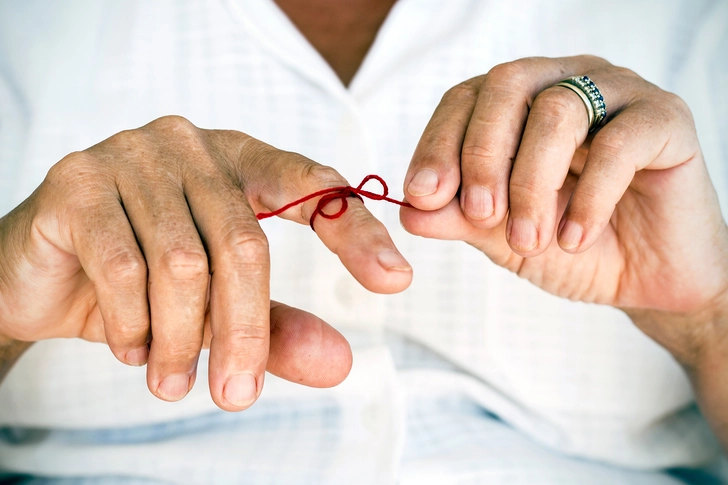
Neurological Symptoms: From Brain Fog to Seizures
When bladder cancer spreads to your brain, you may notice your thoughts are more foggy, and you may get confused, have headaches, feel weak, or have seizures. These happen because tumors or swelling affects how your brain works. Steroids can help reduce swelling, and anti-seizure meds may bring relief if you’re dealing with that symptom. You may need radiation or surgery to treat your brain tumor.

Severe Back Pain
Bladder cancer that spreads to your spine can cause back pain when it compresses nerves or causes swelling. Your doctor may prescribe opioid pain medication or steroids to reduce swelling around your spinal cord. Radiation therapy can sometimes shrink tumors and relieve pressure on your spinal cord. You may also need physical supports like braces to stabilize your spine and reduce discomfort. Your doctor may tell you to lie flat until you can get treatment that reduces your pain.
Images provided by:
- Carol Werner/Medical Images
- iStock/Getty Images
- Moment/Getty Images
- iStock/Getty Images
- iStock/Getty Images
- Moment/Getty Images
- E+/Getty Images
- E+/Getty Images
- Moment/Getty Images
- iStock/Getty Images
- iStock/Getty Images
- iStock/Getty Images
- iStock/Getty Images
- iStock/Getty Images
- iStock/Getty Images
SOURCES:
Cancer Research UK: "Symptoms of metastatic bladder cancer," "Treating symptoms of metastatic bladder cancer," "Causes of sweating," "Treatment for Secondary Bone Cancer," "Oxygen at home," "How your doctor can help with breathlessness," "How you can help yourself when you are breathless."
Moffitt Cancer Center: "What Are the Symptoms of Advanced Bladder Cancer?"
National Collaborating Centre for Cancer: "Bladder Cancer: Diagnosis and Management."
Dana Farber Cancer Institute: "How Does Bladder Cancer Affect the Urinary System?"
Mayo Clinic: "Bladder control: Lifestyle strategies ease problems," "Cancer pain: Relief is possible."
American Cancer Society: "Bladder Incontinence (Urine Leakage)," "Hot Flashes and Sweating," "Fevers," "Ascites and Cancer."
MD Anderson Cancer Center: "How do steroids work?"
UPMC Hillman Cancer Center: "Megestrol acetate."
National Cancer Institute: "Fatigue and Cancer."